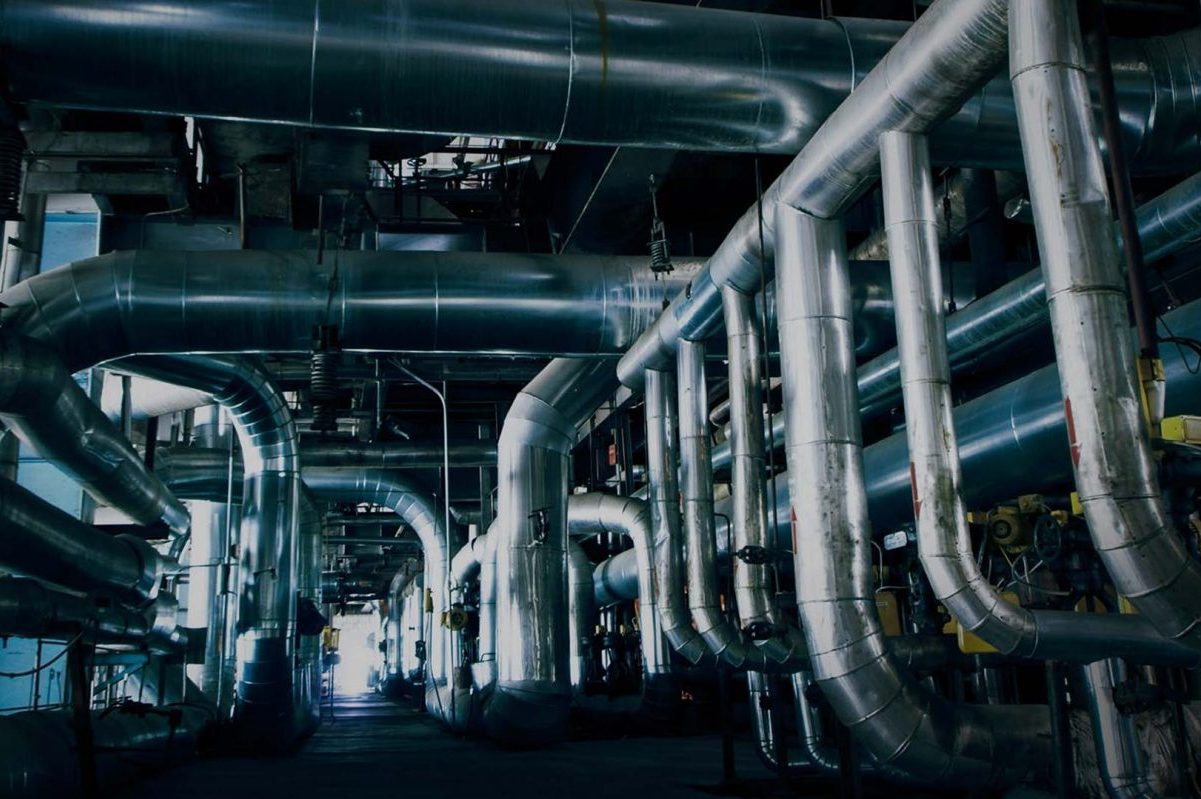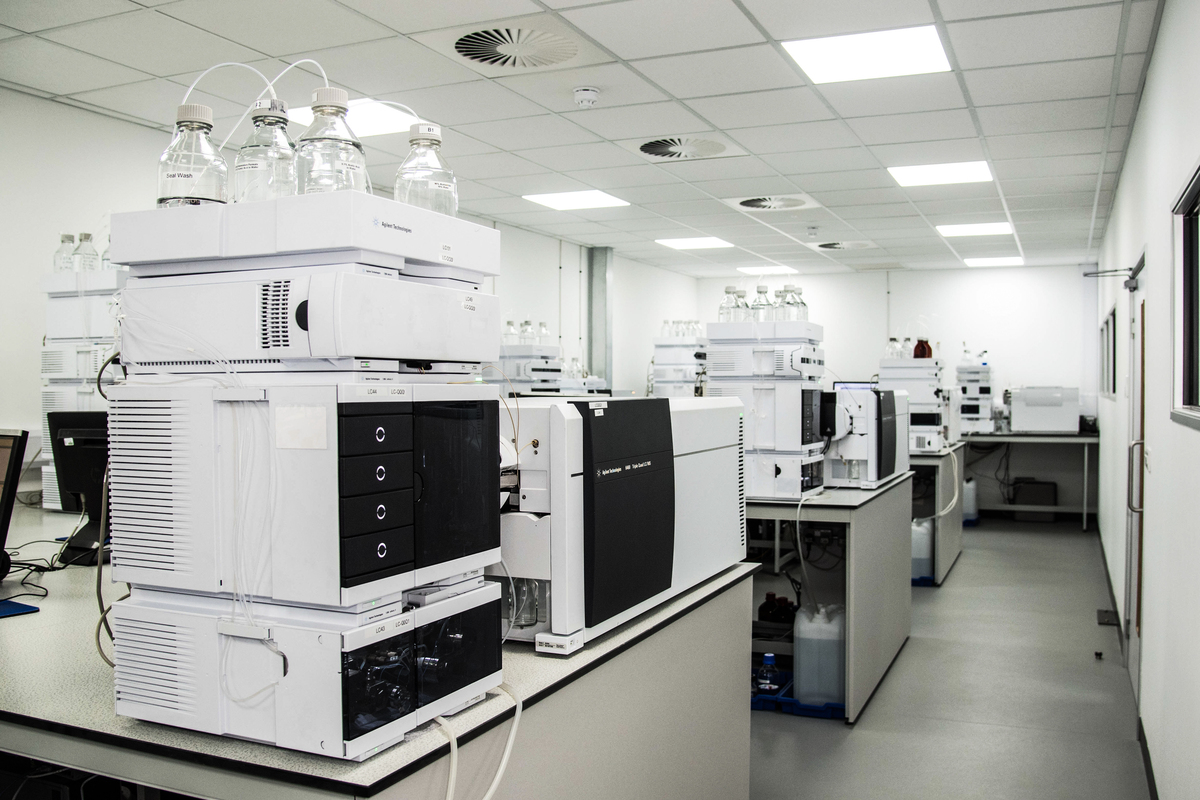Many countries from different parts of the world highly regard water systems resiliency and sustainability as one of the most crucial challenges the water industry...
Can Freeze-Dried Candy Truly Be Sustainable? Uncovering the Technology Transforming the Industry
Optimize energy efficiency by leveraging renewable energy sources for freeze drying processes, thus aligning with sustainability goals. Implement advanced vacuum systems to reduce energy consumption...
Vaping in the Workplace: Rules and Regulations for the Construction and Engineering Industry
Vaping is increasingly becoming popular, especially for people using vape juice canada to quit smoking. However, vaping in the workplace can pose potential risks and...
Recent Water Market Challenges and Trends
Many countries from different parts of the world highly regard water systems resiliency and sustainability as one of the most crucial challenges the water industry...
Modern PFAS Treatment Considerations
A few states have ultimately decided that risks attributed to emerging contaminant compounds like per- and poly-fluoroalkyl substances (PFAS) are sufficiently high to warrant amendments...
Avoiding the Pitfalls of Environmental Requirements
Engineering projects are now growing in numbers, thanks to competition pushing companies for more efficiency and several mergers and acquisitions. With the rising number of...
Engineers As Modern-Day Heroes
The increased dependence of organizations on data and technology has catapulted engineers into obtaining a newfound status as heroes in these modern times due to...
Implementing a Human-Centric Transit Design
With the ongoing pandemic today, expect passenger numbers to stay low since commuters remain grounded in their movement from one place to another. Based on...
PFAS-Related Risk Management Trends
Soil may sometimes contain poly-fluoroalkyl substances or PFAS, among other contaminants, and in most cases, an infrastructure project construction demands substantial earthworks involving soil movement...








